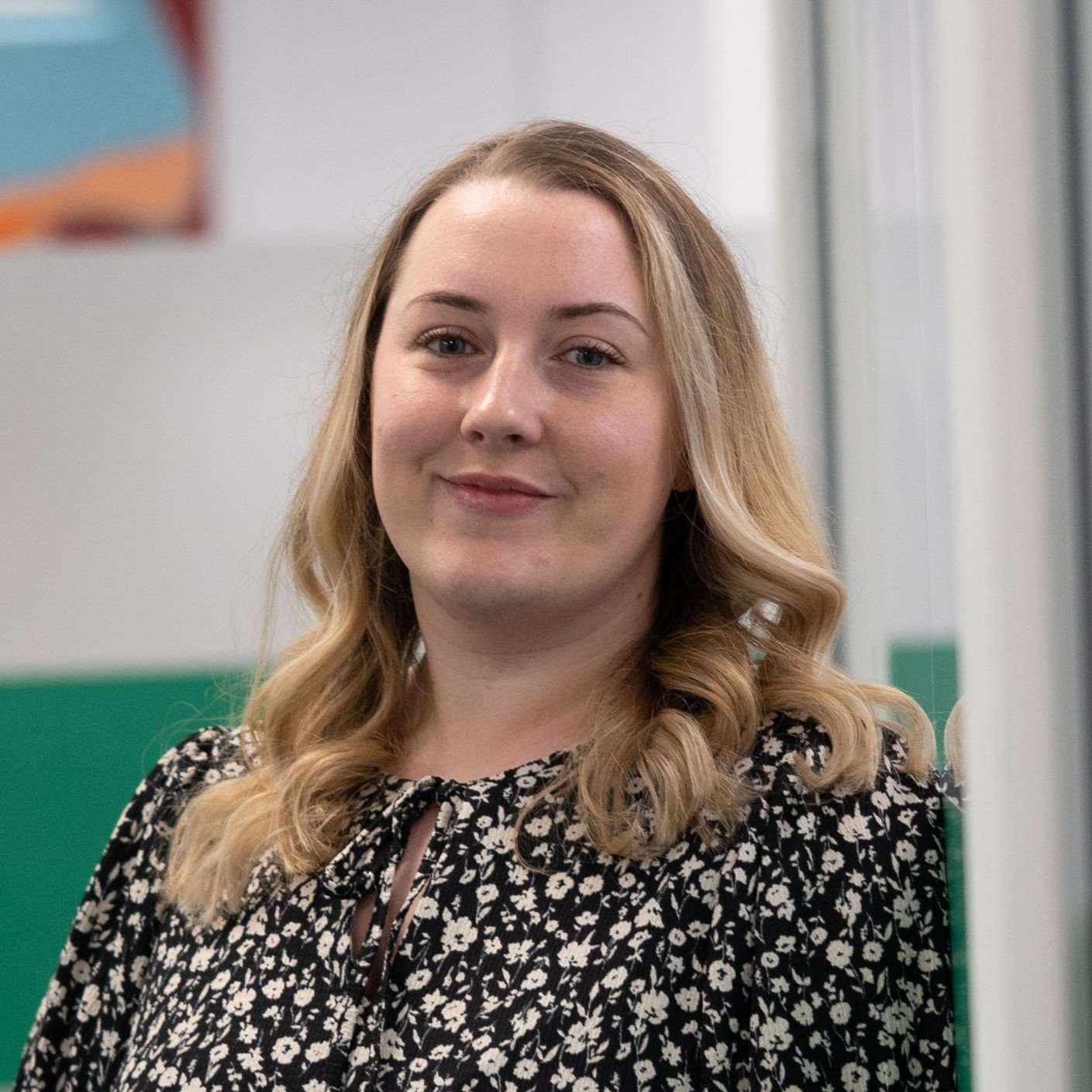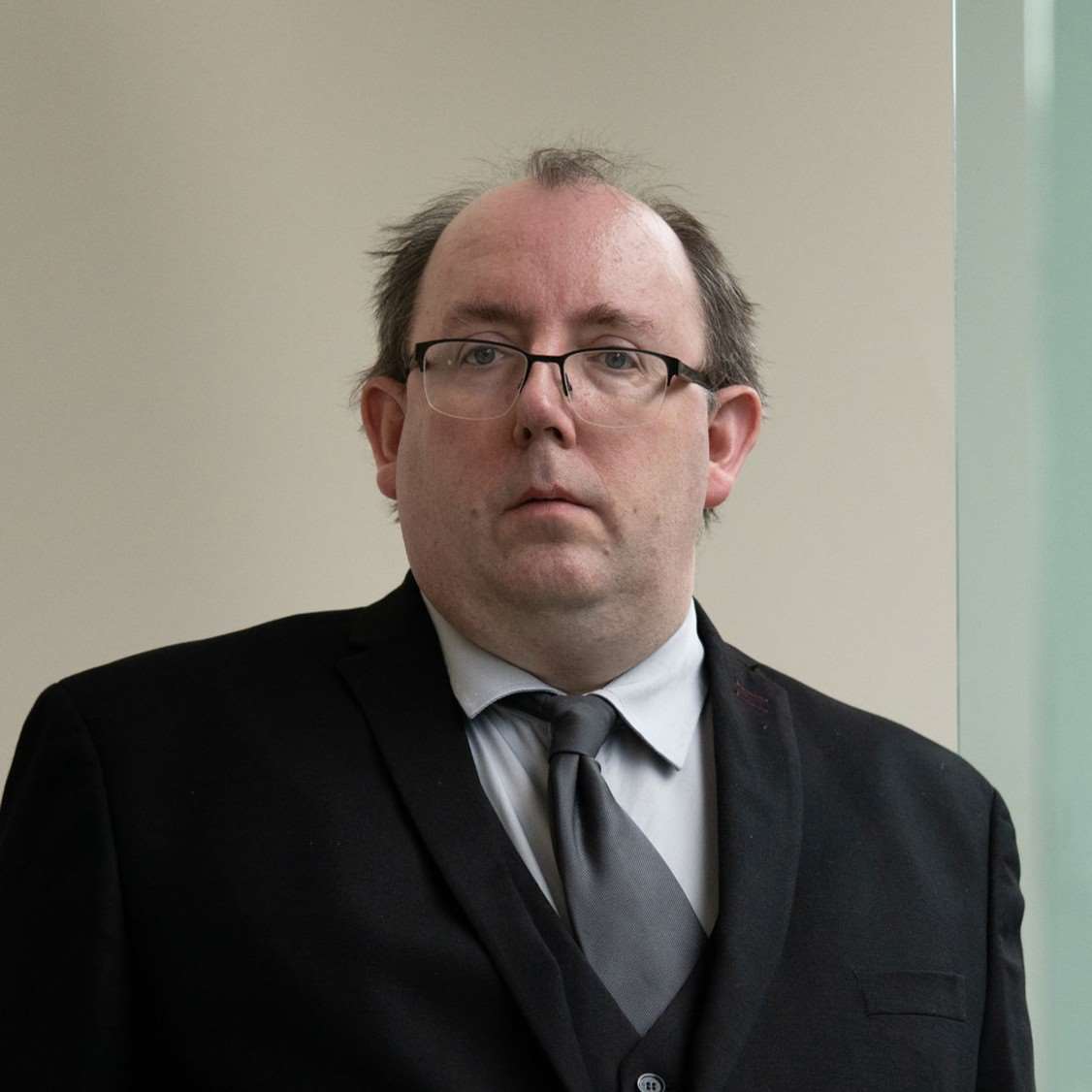Do I really need a Will and where do I start?

Many of us shy away from making a Will.
For some it can seem rather a depressing topic, while others think they do not have enough assets to justify making a Will or that, everything will just go to their family.
The reality is that nowadays many people own their own home, have insurance policies, shares and several bank and building society accounts.
With more complicated set-ups, a family unit can now include step-children and second or third marriages where it can get complicated if your wishes are not specified.
Colleen Dooney, director of the private client team at Wake Smith Solicitors, looks at how it is essential to make formal and adequate arrangements for your assets, no matter how small.
This article covers:
- Appointing an executor
- Family set-up
- Avoiding DIY Wills
- Wake Smith and Wills
Appointing an executor
Firstly you need to think about who to appoint as your executor(s). You need to choose people that you can trust and rely upon, as the administration of an estate is a responsible job and can be complicated, depending on the circumstances.
If they are the same age as you, then you ought to have alternatives, in the event that they have predeceased you, or are no longer capable at the time of your death.
Contrary to popular belief, your executors can be the same people as your beneficiaries.
If you have minor children, you will also need to think about appointing guardians.
This can be a tough decision however, it is worth taking the time to have the discussion with your spouse or partner and choose the family members or friends, who you would both want to appoint.
You also need to consider the extent of your assets; how you hold the property; whether there will be an Inheritance Tax (IHT) liability, and whether you want to leave any specific or charitable legacies.
Family set-up
If you are not married to your partner, then the need for a Will is even greater. Here, it is sensible to ensure that Wills are drawn up to ensure a fair division of assets on death, otherwise your desired beneficiaries could be left out completely.
Another factor to consider is nowadays the family unit can include step children and can be a second or third marriage.
If you have children from a previous relationship and now own a property jointly with your new spouse or partner, you need to consider how the property is divided on death, in order to benefit both your spouse and your children. This may include altering the way in which you own the property, to facilitate this.
Avoiding DIY Wills
Many people believe it is straight forward to write their own Will, or buy a 'Do It Yourself' kit from the high street.
However, this could be false economy. If you fail to have the document properly witnessed, it will be invalid, and if you do not phrase something properly, you could give it a meaning other than you intended or leave a partial intestacy. We see many examples of this with homemade Wills.
Wake Smith and Wills
All of the above issues require some real thought and ideally the advice of a solicitor, who can guide you through the process and help you make the right decisions, based on experience and knowledge.
We can also update you with current IHT legislation and gifting rules.
To speak to someone about making a Will or altering an existing Will call the Wake Smith private client team on 0114 266 6660; or email Colleen Dooney [email protected]
Find out more about our Wills and Probate services
Reviewed on 10/09/24

About the author
Director and Head of Wills and Probate










